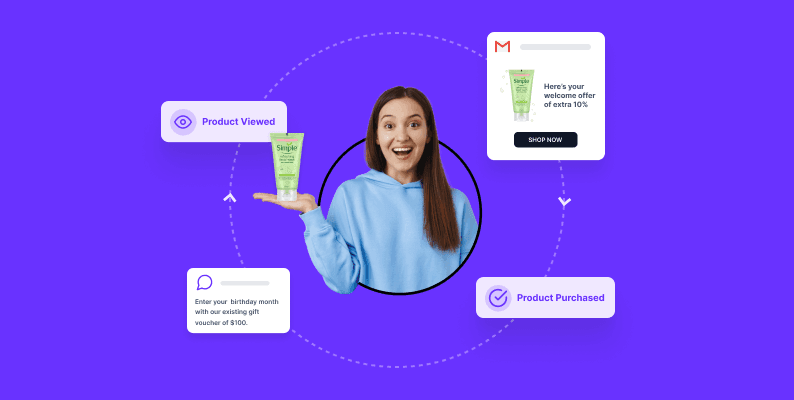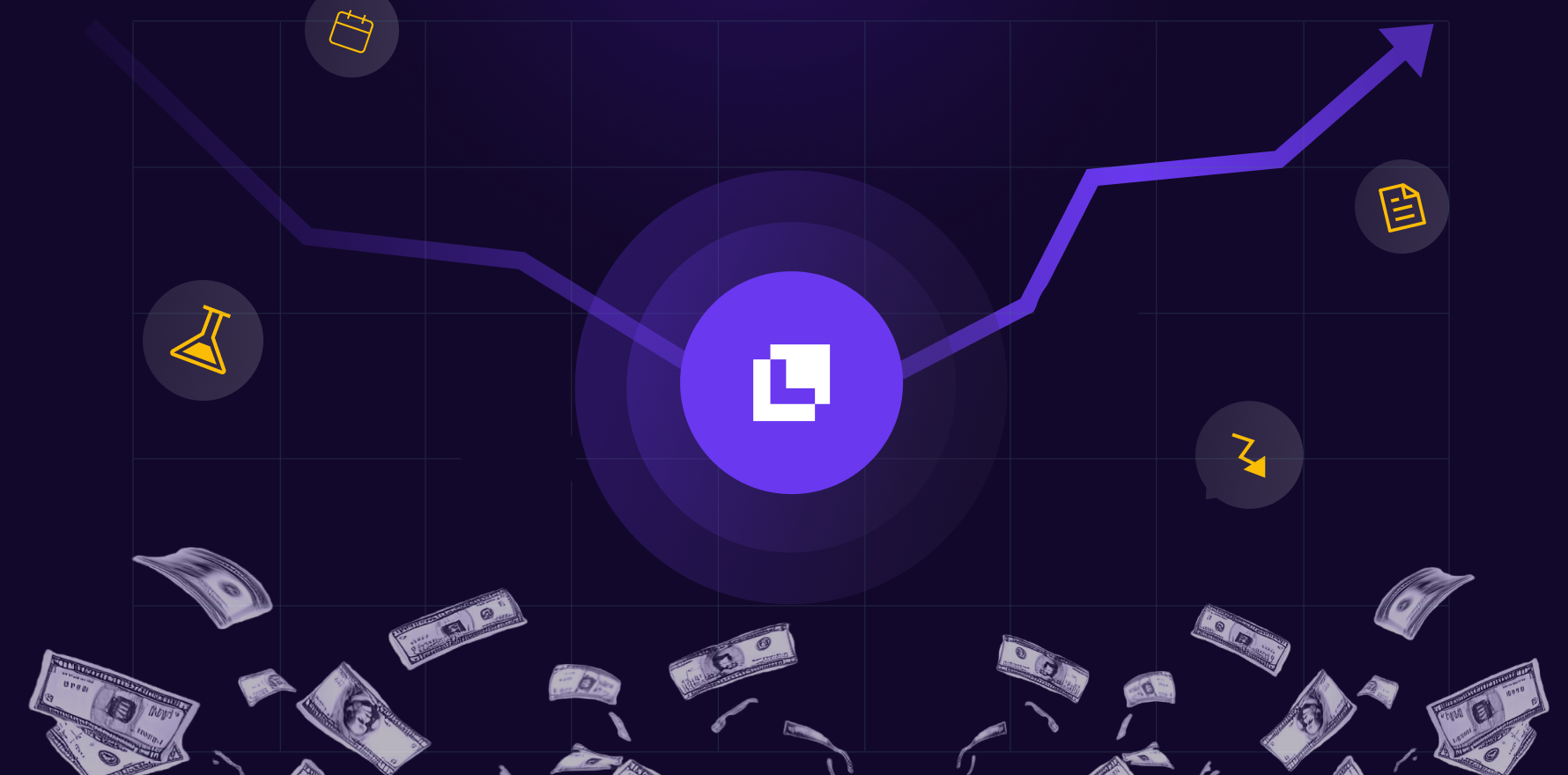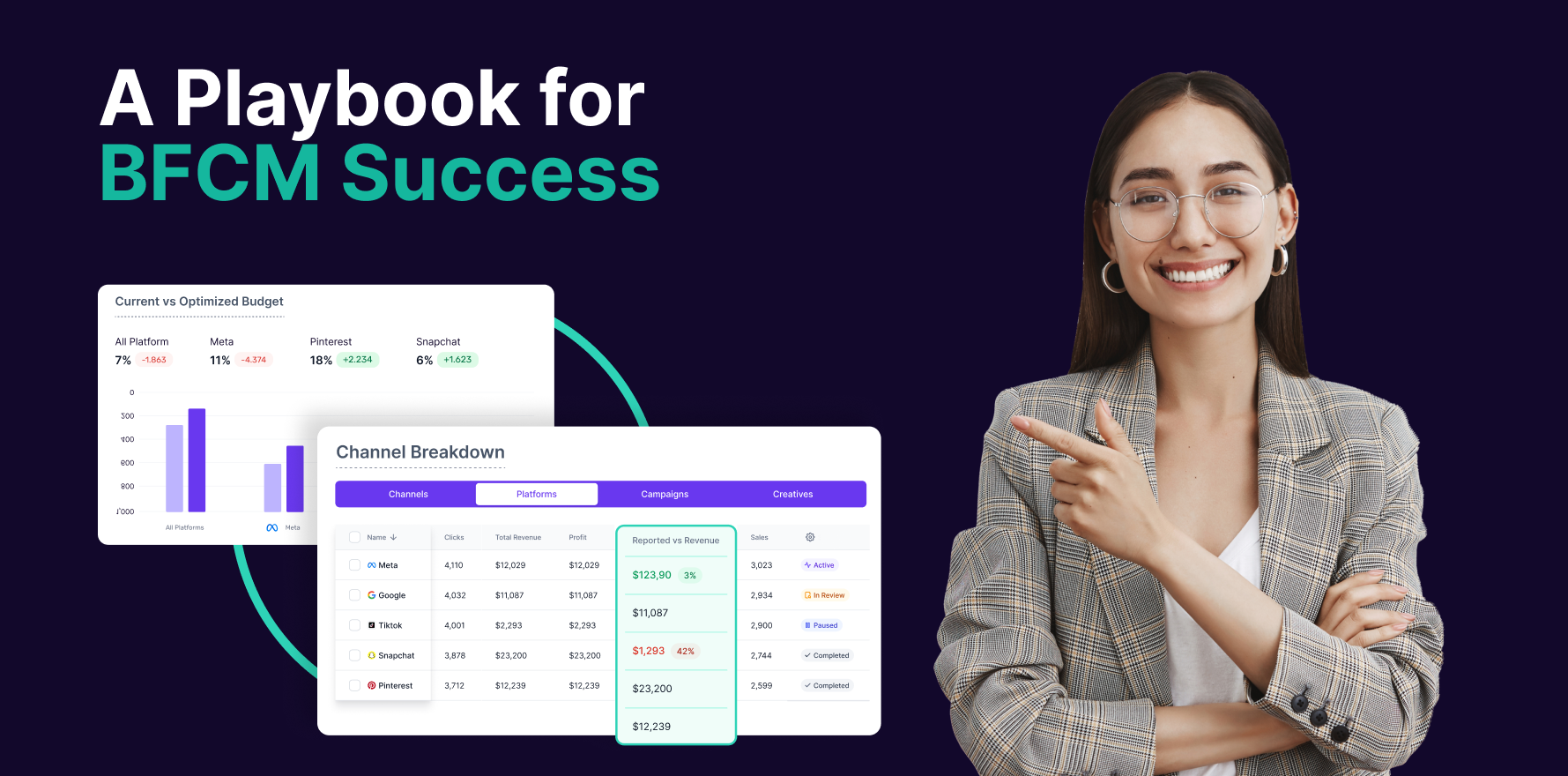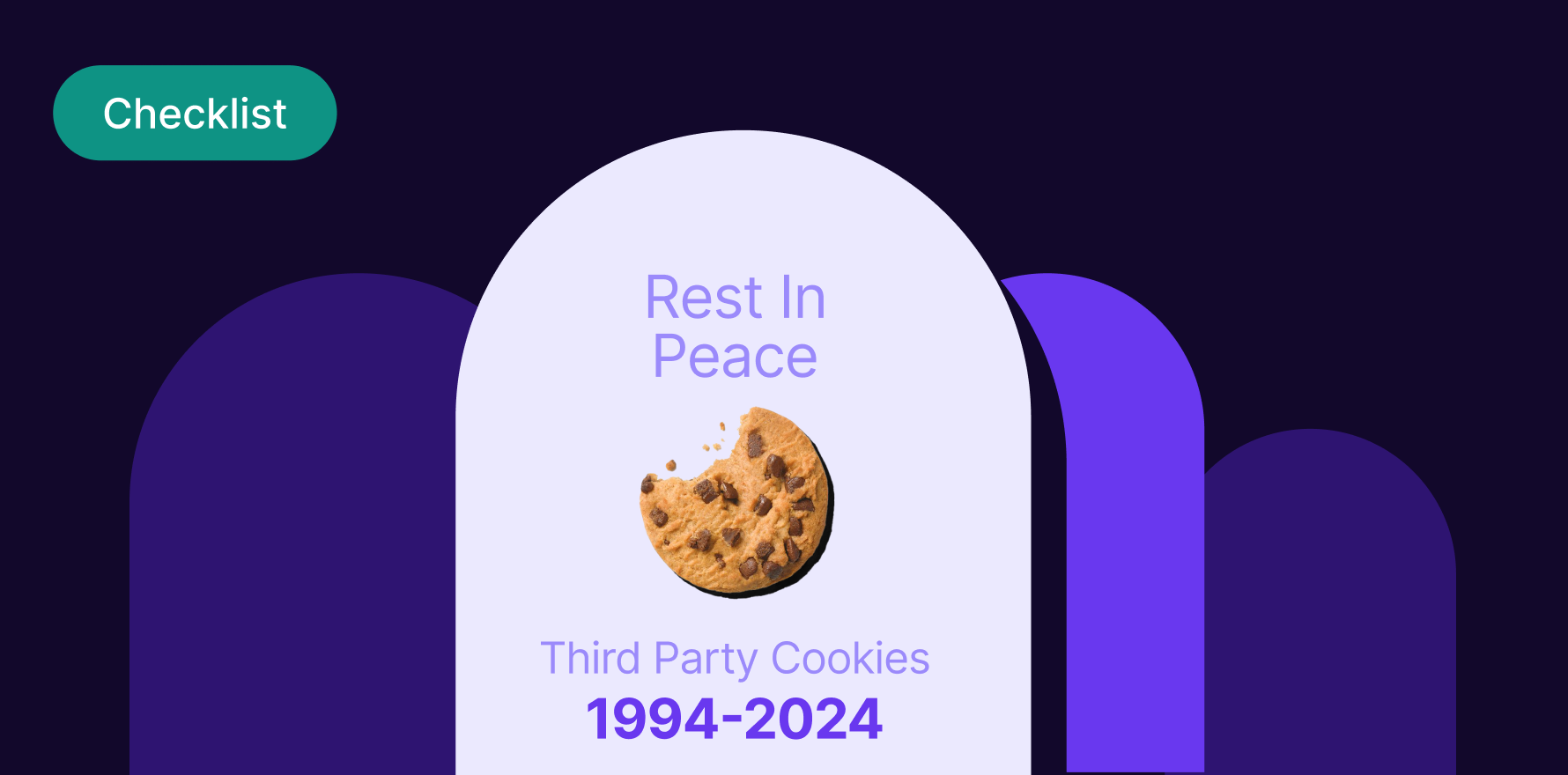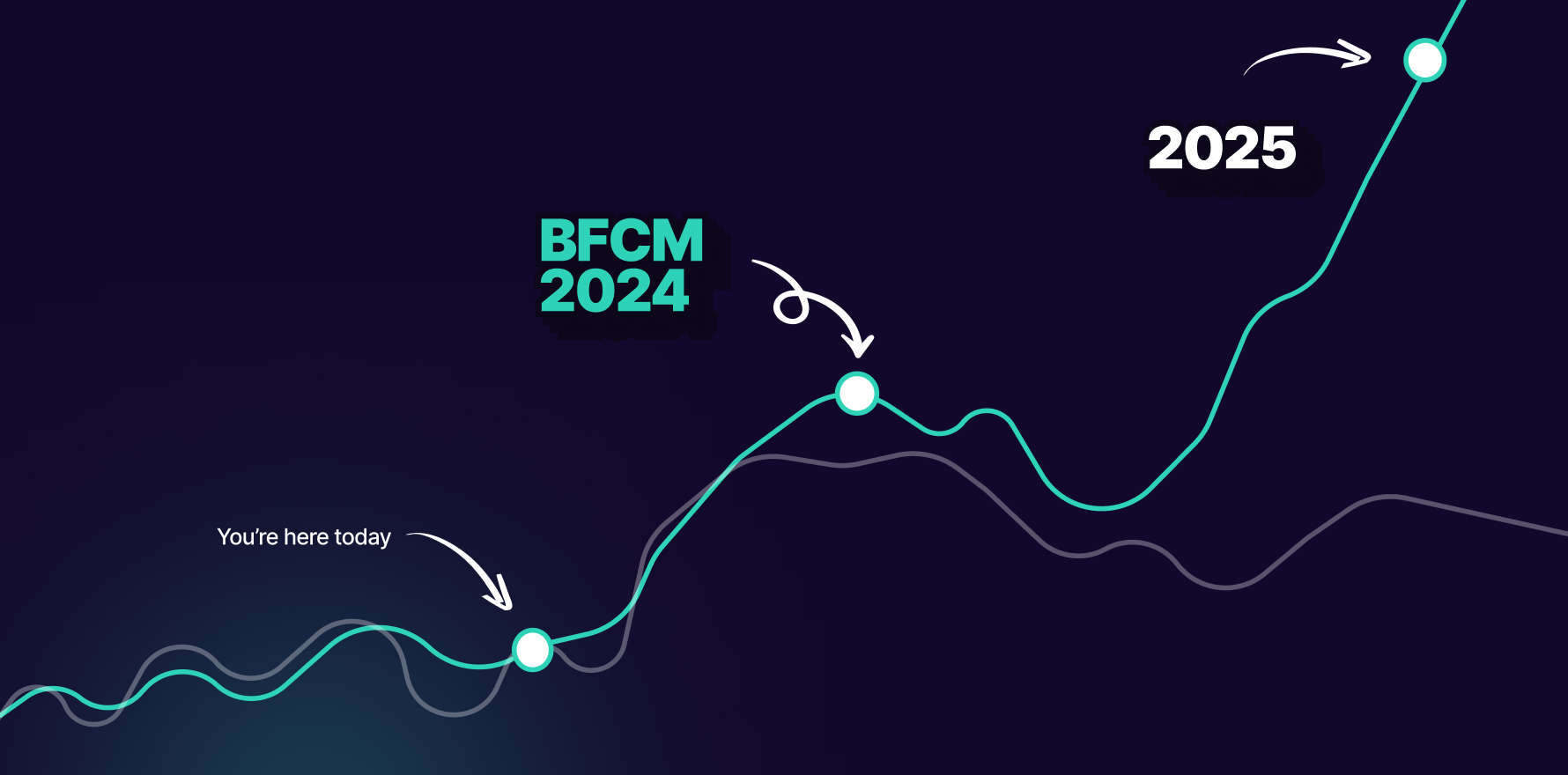With an average open rate of over 20%, email marketing is one of your best bets to engage your shopper throughout the buying journey. In this blog post, we talk all about how to do email marketing right in the DTC context. Gentle nudges, promos and discounts, free trials and consultations – we have covered it all. Read on to find out how email can be a powerful tool to keep your customers engaged, from awareness to customer retention.
A… C… D… R
No, we haven’t messed up the alphabet. These are the four steps of the most crucial journey you need to track as a DTC brand – your modern customer’s journey:
Induce Awareness: When your prospective customer realizes that they have a pain point that needs solving or a purchase that needs to be made. This could be as simple as requiring a study table for their WFH set-up or a new wardrobe for the summer heat.
Ensure Consideration:This is when your prospective shopper starts looking at possible solutions to address and resolve that pain point. This could be through online research, asking friends and family for recommendations, or asking experts for advice. This stage can take minutes (for example, going on Amazon and ordering a table the moment you feel you need one), or it could take weeks and months to evaluate all available options.
Cement the Decision:This is when your prospect turns into a shopper and finally makes the purchase. The transition from consideration to decision is no longer linear for the modern customer. Your attention and timely nudges are critical in the decision stage to avoid cart and browse abandonment. You don’t want a situation where just when the shopper is considering your brand to make the purchase, your competitor woos them away with an enticing email and a promo code. Pay close attention.
Embrace Retention:This is the most critical part of the modern customer journey and one on which the success of your DTC brand often relies. This is the stage where you keep your shoppers coming back for more and increase their lifetime and average order values.
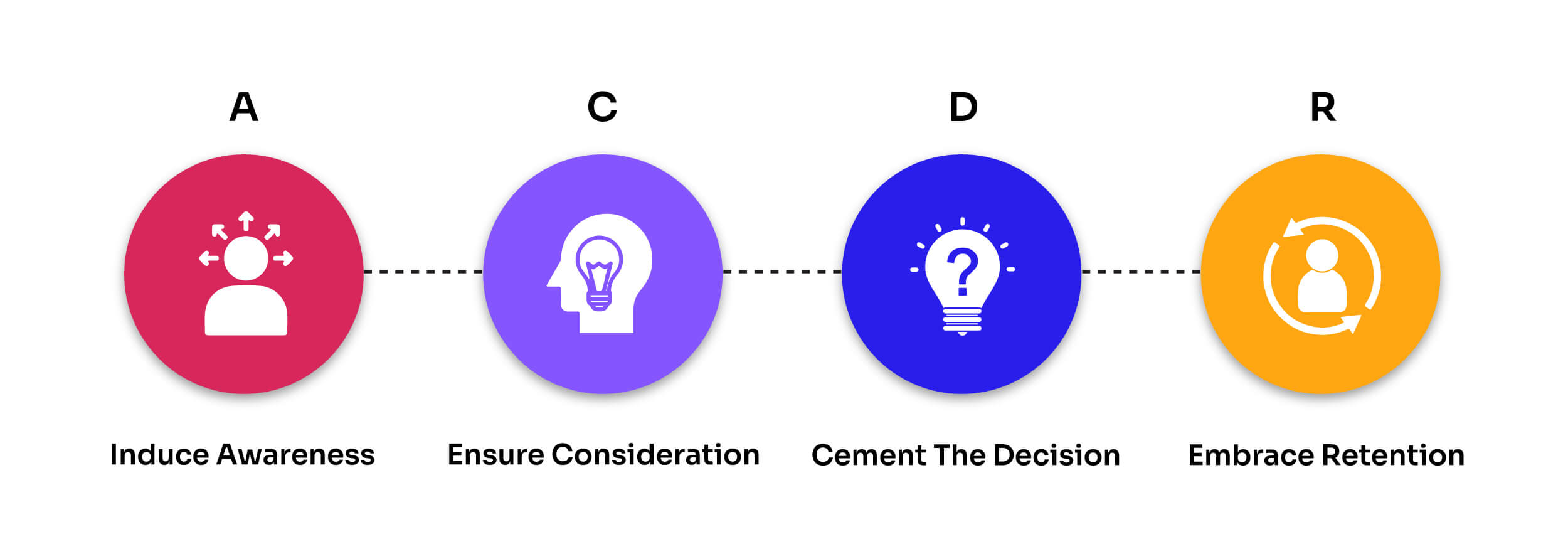
Following the A-C-D-R Model
DTC brands need to be alert at every stage of the buyer’s journey. Understanding the pain point, presenting your product or service as the most optimal solution, and then ensuring that the customer chooses you out of all your competitors is not easy.
Your CX roadmap should be designed to attract the shopper at each of these stages. For example, an email marketing strategy that puts awareness, consideration, decision, and retention at the core can help your DTC brand acquire and retain valuable customers and their share of wallet.
Here are some best practices for your email marketing strategy to capture your customer’s mindshare throughout the buying journey:
STEP 1: Induce Awareness
This is where you make your customers aware of everything you have on offer, and you can solve any pain points they might have.
At this stage, they might not be actively looking for a product to solve any problem, but they are open to knowing more about your business. Subscribing to your emails and newsletters or filling out a survey on your website are ways that they can learn more about your brand, and you can know more about their pain points.
During the first stop of the customer’s journey, trying to sell them anything may seem like spam. So, stick to forging a genuine connection. Tell them about your product, your brand, your story. Just like dating, gentle nudges work best at this stage of your buyer’s journey.
This could include:
- Newsletters, fashion recommendations, other forms of educational content like healthy eating and fitness – depending on what’s most relevant for your brand. Give specific insights into your products, expert advice, and advanced insights.
- News related to current trends that may be relevant to your customer. This needs to be tailored to the customer’s interests (for example, sending skincare trends to those who have been browsing around for skincare products).
What awareness emails should not include:
- Discounts or “salesy” emails. Remember, the goal right now is to inform and create trust and awareness, not sell.
STEP 2: Ensure Consideration
You still cannot directly sell to your customers at this stage unless they inquire about prices. You want to nudge them further, but with a bit more intensity, while ensuring email deliverability.
Depending on the customer’s level of interest at the awareness stage, you can email them social proof (existing customer reviews) and other similar resources that will cement your authority in the customer’s mind.
You can start establishing how you are better than your competitors. Send customer-focused content, such as informative blogs that directly address their pain points. Did they search for ways to reduce hair fall? Send them your best advice as a haircare brand. Offer free consultations to loop them in. Give your customers a chance to reach out to you with pointed questions and concerns.
Opening a two-way communication at this point may be a good idea. For example, many brands allow the customer to take quizzes or “trial” subscriptions, based on which the customer can receive tailored insights or get involved in the product without investing money.
STEP 3: Cement the Decision
This will be the final stage of the buyer’s first purchase journey with you. They are aware of your product and how it can solve their problems, they have considered your expertise, quality, or CX against other alternatives, and they are ready to decide. But, they might need a final nudge.
A discount coupon (with a quick expiry date to push the customer into action), free shipping, or exclusive benefits can be the deciding factor for your shopper at this stage.
If they have added your items to the cart or spent a lot of time on your website, send them reminder emails with incentives. Offer to extend free trials based on a minimum purchase, if required. The point is to get the customer over the line.
STEP 4: Embrace Retention
Retention is the most crucial stage of your shopper’s journey – simply because that’s what keeps your LTV high and CAC low. The customer has bought from you already, so they know what the experience is like. The question is, were they satisfied enough to come back for another purchase?
Customer retention is more effortless than customer acquisition – at least by 5x.So, at this point, your email marketing strategy should pivot towards retaining your most loyal shoppers. Here’s what you can do:
- Send cross-selling offers immediately after they buy your product to show them they might need accompaniments, such as a laptop sleeve along with a laptop or a lamp along with the study table.
- Incentivize the customer with upselling strategies, such as an upgrade on the sneakers they browsed yesterday.
- Invite them to loyalty programs (58% of customersare likely to buy from you more than once a month as a loyalty member) so that they come back to reap the benefits. Send them vouchers on their birthdays or personalized offers shaped by individual customer data.
Hyper-personalize your product recommendations with insights from their browsing behavior, past purchases, lifestyles, and product affinities. Fitness enthusiasts? Show them more workout gear. Home chefs? High-quality cookware would get them interested.
Email marketing need not be overwhelming
But it is.
So many data points, so many touchpoints, so many customers, and so much to know about them! It is challenging to keep track of and even more challenging to execute with.
With Lifesight Connect, our robust CDP designed for DTC brands, bid your email marketing woes a farewell and say hello to email marketing automation throughout the customer journey. We are ready to take your DTC brand’s email marketing strategy to a whole new level.
Sign up for early access now.
You may also like
Essential resources for your success
